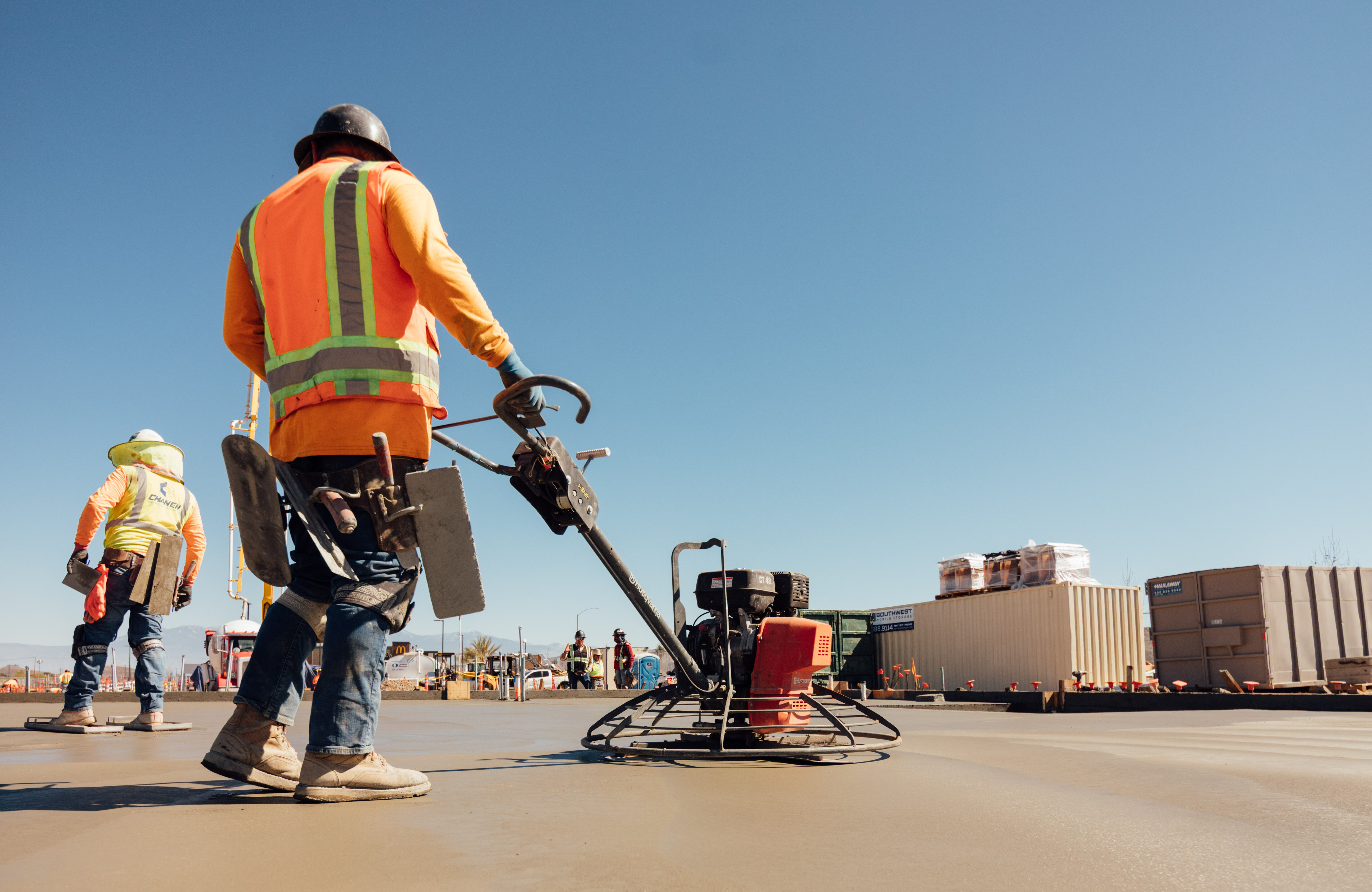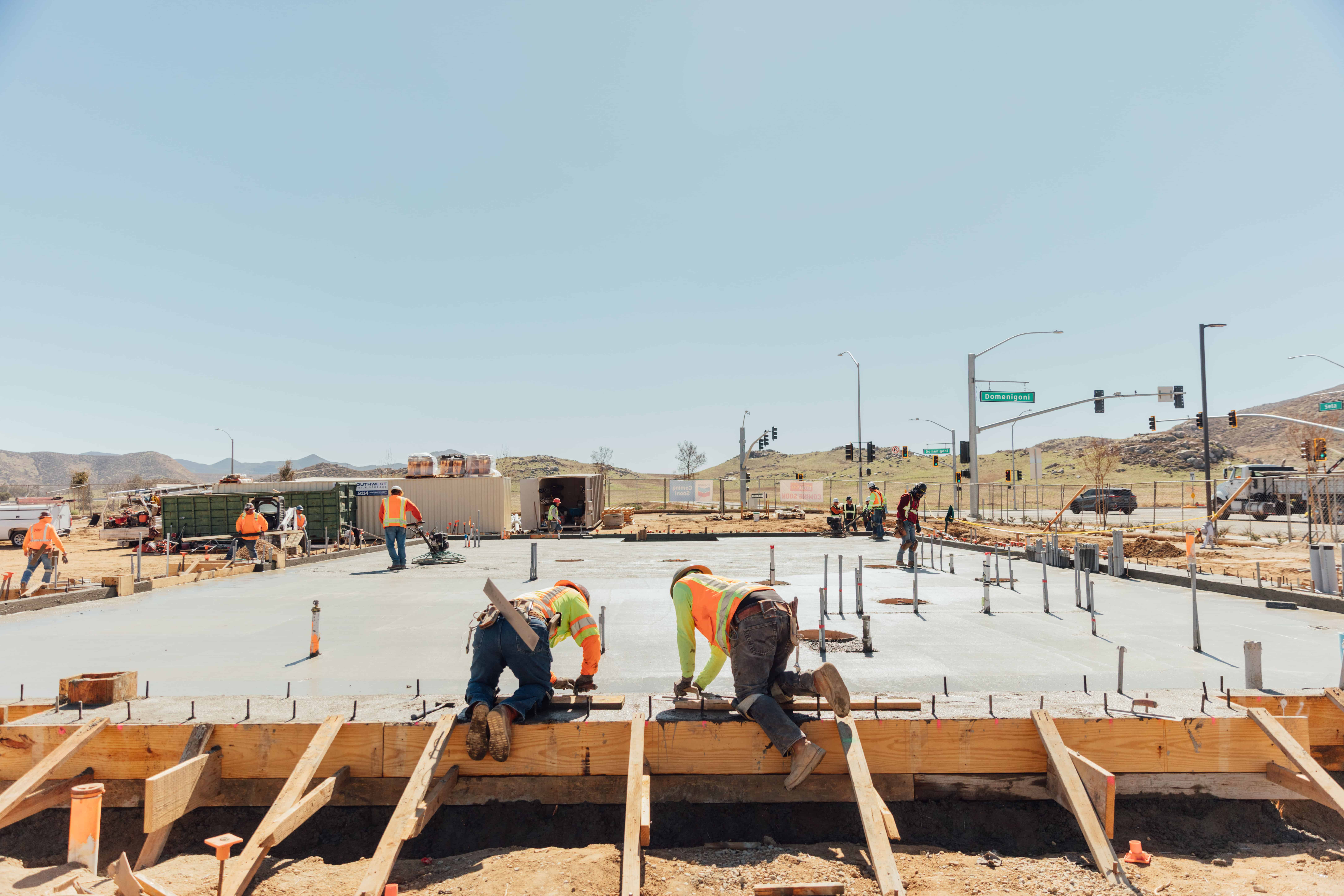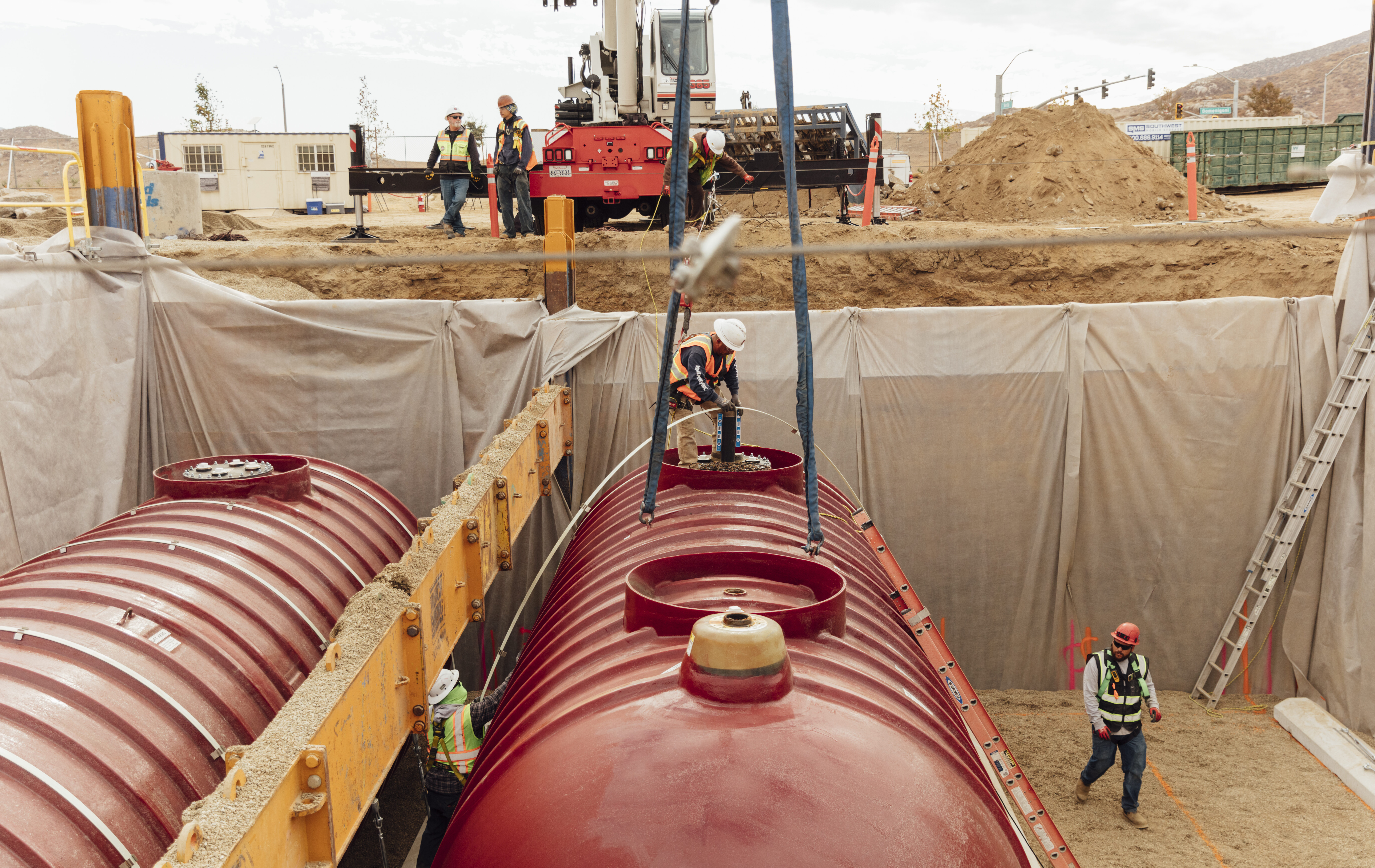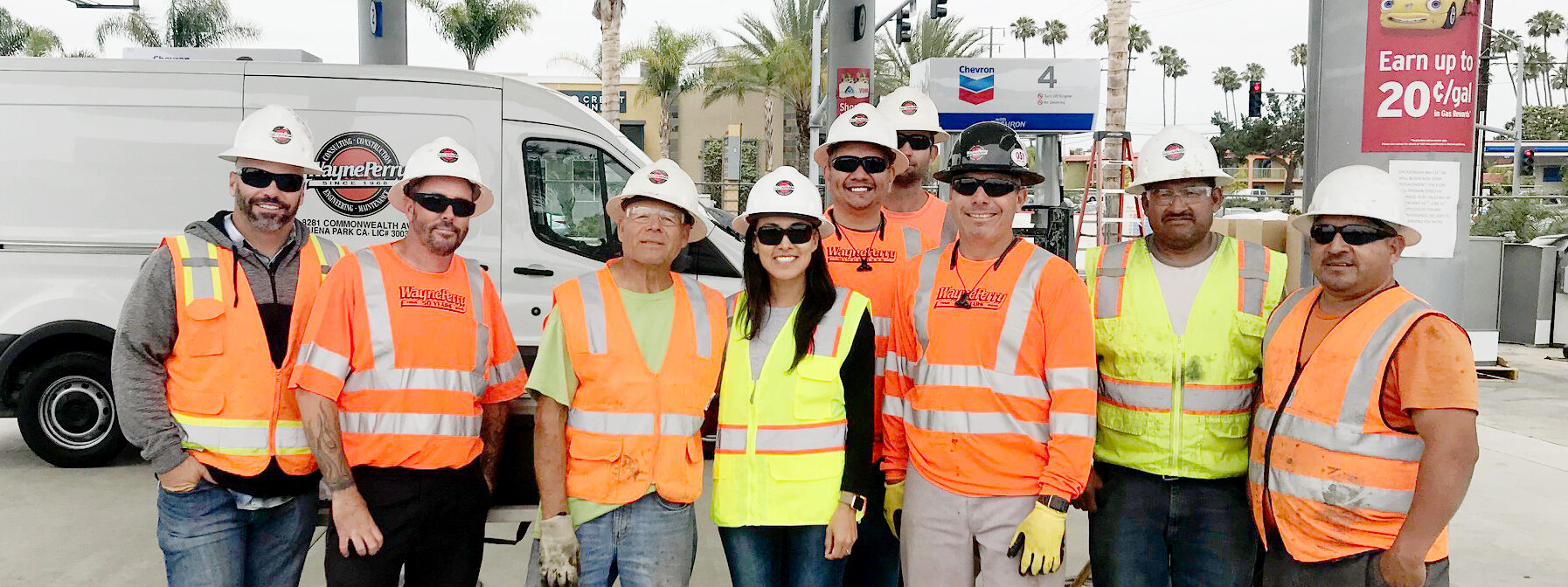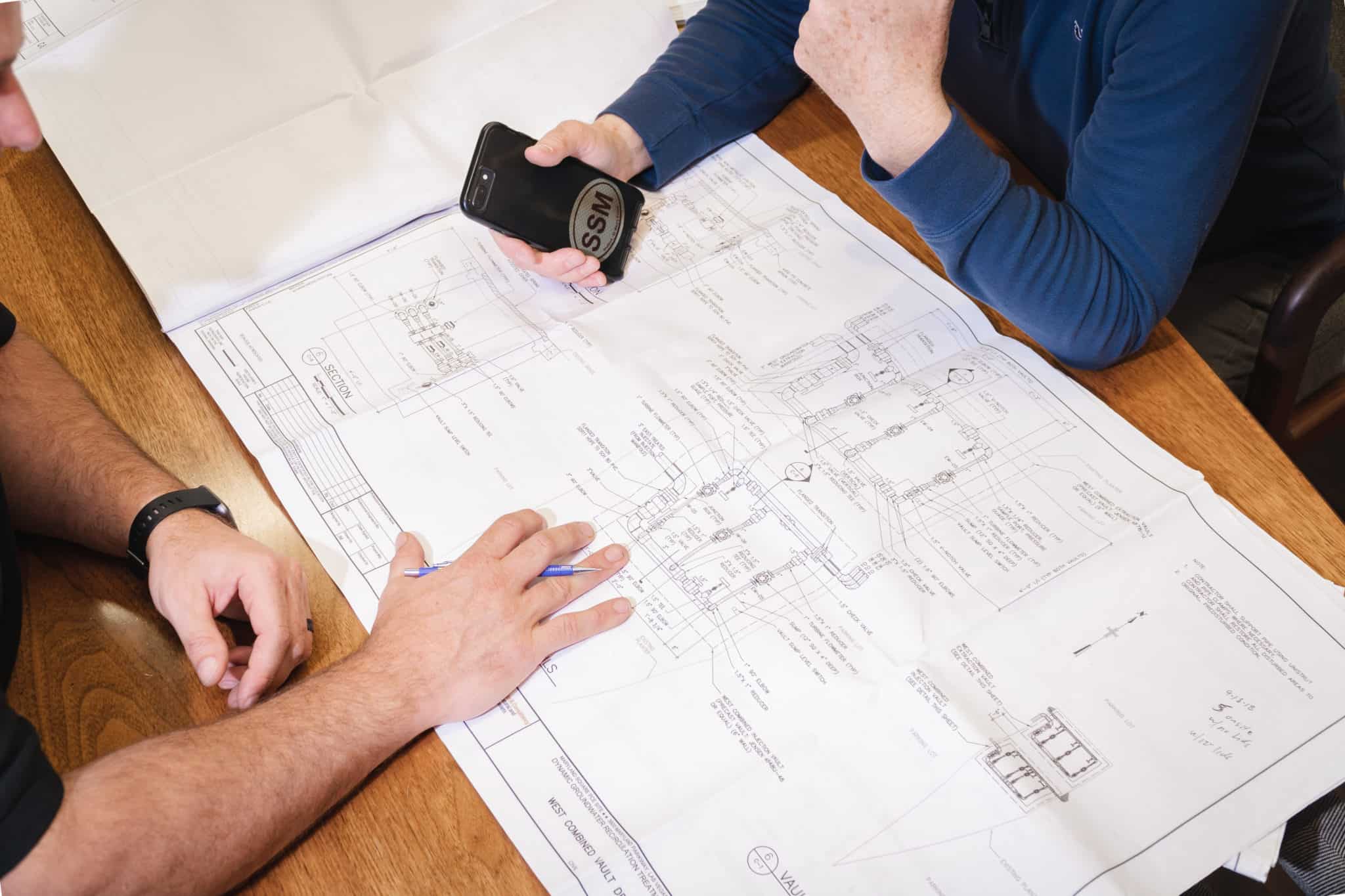The transportation sector is undergoing a clean revolution, with compressed natural gas (CNG) emerging as a compelling alternative to traditional fuels. CNG offers significant environmental and economic benefits, making it a sustainable choice for powering the nation’s vehicles. Given these advantages, you may want to consider what’s involved in building a CNG fueling station and how it can enhance your business.
The Power of CNG: A Multitude of Benefits
Significant advantages CNG offers over traditional gasoline and diesel drive the growing popularity of CNG fueling stations, including the following benefits:
- Cleaner Burning Fuel: CNG combustion produces significantly fewer emissions compared to gasoline and diesel. This translates into cleaner air, particularly in urban areas where vehicle emissions are a major concern. CNG also reduces harmful pollutants like nitrogen oxides and particulate matter, contributing to improved public health and reduced respiratory issues for people.
- Cost-Effective Choice: While prices for all fuels vary, CNG typically costs less per gallon than gasoline and less per gallon than diesel. This translates into significant cost savings for fleet operators, other businesses, and commuters, especially over time. Additionally, the availability of government incentives and grants can further offset the initial investment in CNG station construction and vehicle conversion.
- Domestic Fuel Source: Unlike gasoline and diesel, which are derived from imported oil, CNG is primarily produced domestically from natural gas. This reduces reliance on foreign oil and strengthens energy independence. Additionally, the abundance of natural gas reserves in the United States ensures a reliable and readily available fuel source for CNG vehicles.
- Environmentally Friendly: Renewable natural gas (RNG), a form of CNG derived from organic waste or landfills, offers the cleanest option for transportation fuels. RNG has even lower carbon emissions than traditional CNG, making it a powerful tool to combat climate change.
- Engine Benefits: CNG burns cleaner than gasoline and diesel, leading to less engine wear and tear. This translates to extended engine life and potentially lower maintenance costs for CNG vehicles. Additionally, CNG offers superior performance compared to gasoline and diesel engines, with some CNG vehicles boasting higher torque and improved acceleration.
- Safety Advantages: CNG is lighter than air and dissipates quickly in case of a leak, minimizing the risk of fire or explosion compared to gasoline and diesel. What’s more, CNG storage tanks are built to withstand high pressures, adding another layer of environmental safety.
CNG in the Automotive Industry
Several car manufacturers are embracing CNG technology and developing vehicles that run on CNG. For instance, companies like Honda, Fiat, and Ford have introduced CNG models or bi-fuel vehicles that can run on both CNG and gasoline. This dual-fuel capability provides flexibility and extends the driving range of vehicles, making CNG a more viable option for consumers.
Benefits for Station Owners
For gas station owners, investing in CNG fueling infrastructure can be highly beneficial. The lower cost of CNG compared to gasoline and diesel can attract a steady flow of customers, especially for fleet operators looking to reduce fuel expenses. The growing demand for alternative fuels ensures a sustainable business model with long-term growth potential.
Planning Your CNG Station: Building a Sustainable Future
Before embarking on CNG station construction, careful planning is essential. A team of experts can guide you through this process, from assessing your specific needs—public station or private fleet—to selecting the ideal location with easy access for target vehicles and proximity to natural gas utilities. They’ll also help you choose the most suitable fueling method—time-fill or fast-fill—based on your anticipated volume and desired fueling speed.
Key Considerations for Construction: Ensuring Safety and Efficiency
Building a CNG station requires a comprehensive approach that prioritizes safety and efficiency. This includes:
- Station Design and Equipment: Qualified experts can select the right CNG storage tanks, considering size, material, and pressure rating, based on station capacity. Choosing appropriate compressors for efficient gas compression and selecting dispensing equipment aligned with your chosen fueling method are crucial steps.
Safety features and monitoring systems like automatic shutoff valves, leak detection systems, and fire suppression equipment are paramount to ensure a safe and reliable operation.
- Site Preparation and Construction: Securing necessary permits, overseeing land development aspects (e.g., grading, paving, stormwater management, and other aspects), and connecting to utilities like natural gas and electricity are essential steps. Experienced professionals can streamline this process while adhering to all safety regulations and building codes throughout the construction process.
Partnering with a CNG Provider: Expertise Matters
Choosing the right CNG construction company is crucial for the success of your station. Look for a company with a proven track record of building CNG stations of various types and sizes. The engineering, procurement, and construction (EPC) firm you choose should be able to assess your specific needs, recommend suitable equipment that aligns with your budget and operational requirements, and provide ongoing maintenance and support to ensure your station’s optimal performance.
Building a Sustainable Transportation Future
CNG fueling stations are a key component of the clean transportation revolution. By understanding the construction process and the immense environmental and economic benefits of CNG as a fuel source, you can make an informed decision about building a CNG station and contribute to our nation’s more sustainable future.
Partnering with a reliable and experienced CNG construction and maintenance firm will ensure an efficient design/build project and ongoing support, allowing you to harness the power of CNG and pave the way for a cleaner, greener transportation landscape.
For more information on how we can help, download our brochure.
